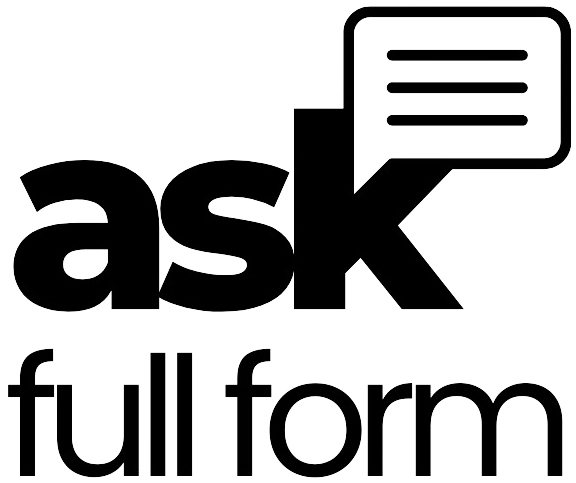
If you are wondering whether you are even paid fairly then you definitely need to understand what NMW is. Well, NMW full form is the National Minimum Wage (NMW) and Living Wage which is important for every worker in the UK. Let’s break down what they are and how they affect you.
Brief Definition:
The National Minimum Wage is the legal minimum hourly pay most workers are entitled to. The Living Wage is a voluntary rate that some employers choose to pay, reflecting the true cost of living.
Breakdown of Key Components
Who is Entitled to NMW?
- Most of the workers in the UK are entitled to the National Minimum Wage.
- Your Age is the biggest factor in determining which rate applies to you.
- Exceptions include apprentices, who have a separate rate.
How to Calculate Your NMW Pay?
- The NMW rates change every April i.e. the beginning of the financial year.
- You can always check the latest rates on the government website. Here is the link : (https://www.gov.uk/national-minimum-wage-rates)
Steps to Calculate Your NMW:
- Know Your Rights: Find the current NMW rates for your age group on the government website: https://www.gov.uk/national-minimum-wage-rates
- Check Your Gross Pay: Look at your payslip and find your gross pay for the pay period you’re checking (weekly, monthly, etc.)
- Total Hours Worked: Figure out the total hours worked for the same pay period.
- Divide and Compare:Divide your gross pay by the total hours worked. Is the result at least equal to or higher than the NMW rate for your age group?
- Example: Let’s say you’re 21 years old and worked 30 hours in a week. Your gross pay is £330. The NMW rate for your age group is £9.18. Calculation: £330 / 30 hours = £11 per hour. Since your hourly rate is higher than the NMW, you’re good!
What Doesn’t Count Towards NMW:
- Deductions for things like uniforms or tools if they take your pay below NMW
- Tips or service charges (unless managed by your employer)
- Loans or advances of wages
What Does Count Towards NMW:
- Your basic pay
- Bonuses or commissions
- Accommodation provided by your employer (up to the offset limit)
Or you can even
Use an online calculator to make sure you’re being paid correctly.
Accommodation Offsets
- If your employer provides accommodation, this can count towards your NMW pay.
- There are limits to how much they can deduct, so check the rules carefully.
The Living Wage (NLW)
- The Living Wage is higher than the NMW because it’s based on the real cost of living.
- Paying the Living Wage is optional for employers, but many choose to do so.
- To see which employers are accredited, go to the Living Wage Foundation (www.livingwage.org.uk)
Actionable Guidance
- Help getting paid the minimum wage: ACAS helpline – www.acas.org.uk or phone 0300 123 1100
- Report an employer to HMRC for not paying NMW
Conclusion
- The National Minimum Wage is a legal right for most UK workers.
- The Living Wage is a voluntary rate aimed at ensuring a decent standard of living.
- If you’re unsure about your pay, use the available resources to clarify what you should be earning.
Knowing your rights is the first step to making sure you’re paid fairly.
FAQ:
Q1) Do I qualify for the NMW if I’m self-employed?
A1) Generally, no. The NMW is for workers under a contract of employment.
Q2) I think I’m being paid less than the NMW. What can I do?
A2) If you think as per the calculations that you are being underpaid then you must talk to your employer first. And If that doesn’t work, contact the ACAS helpline (www.acas.org.uk) for free advice.
